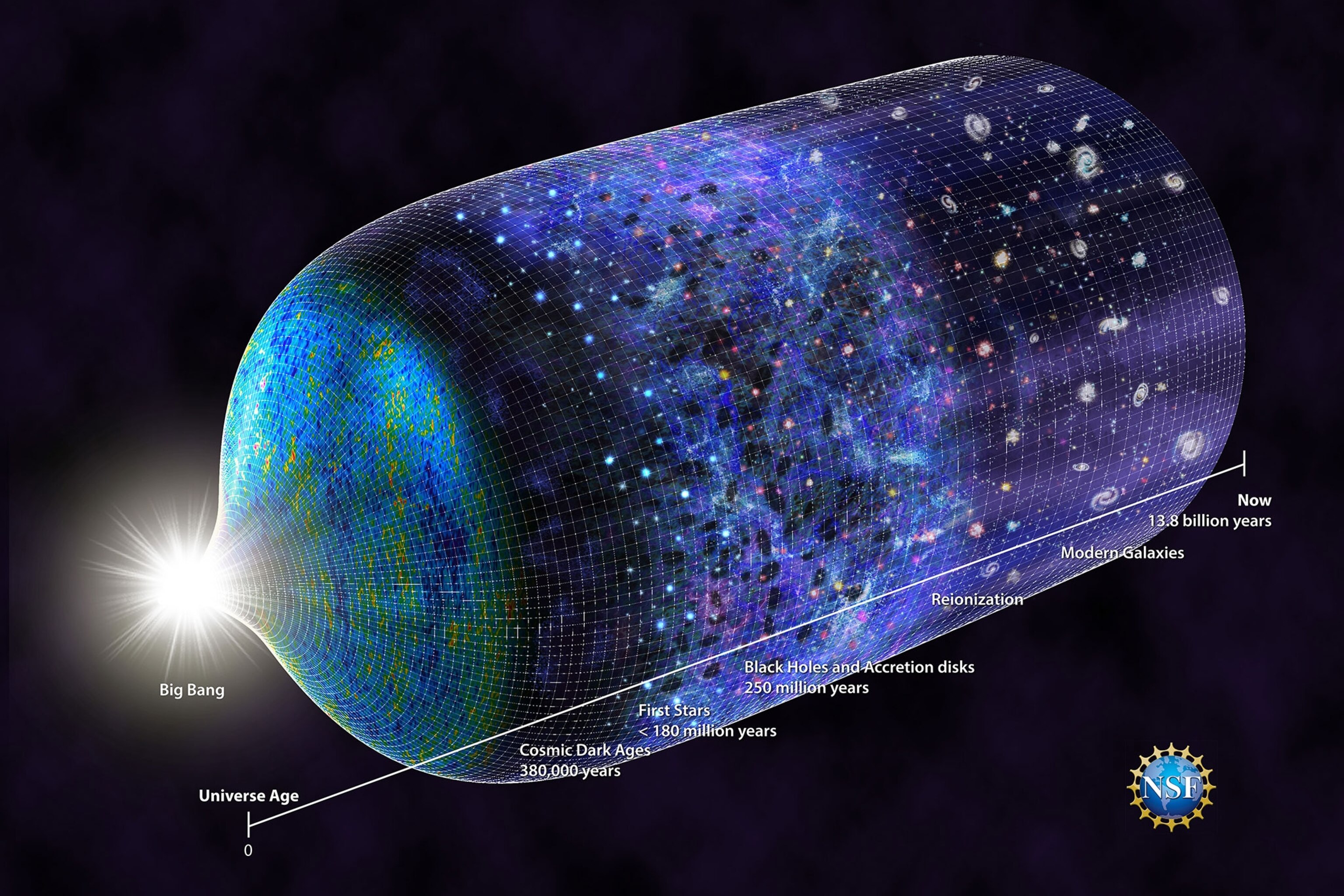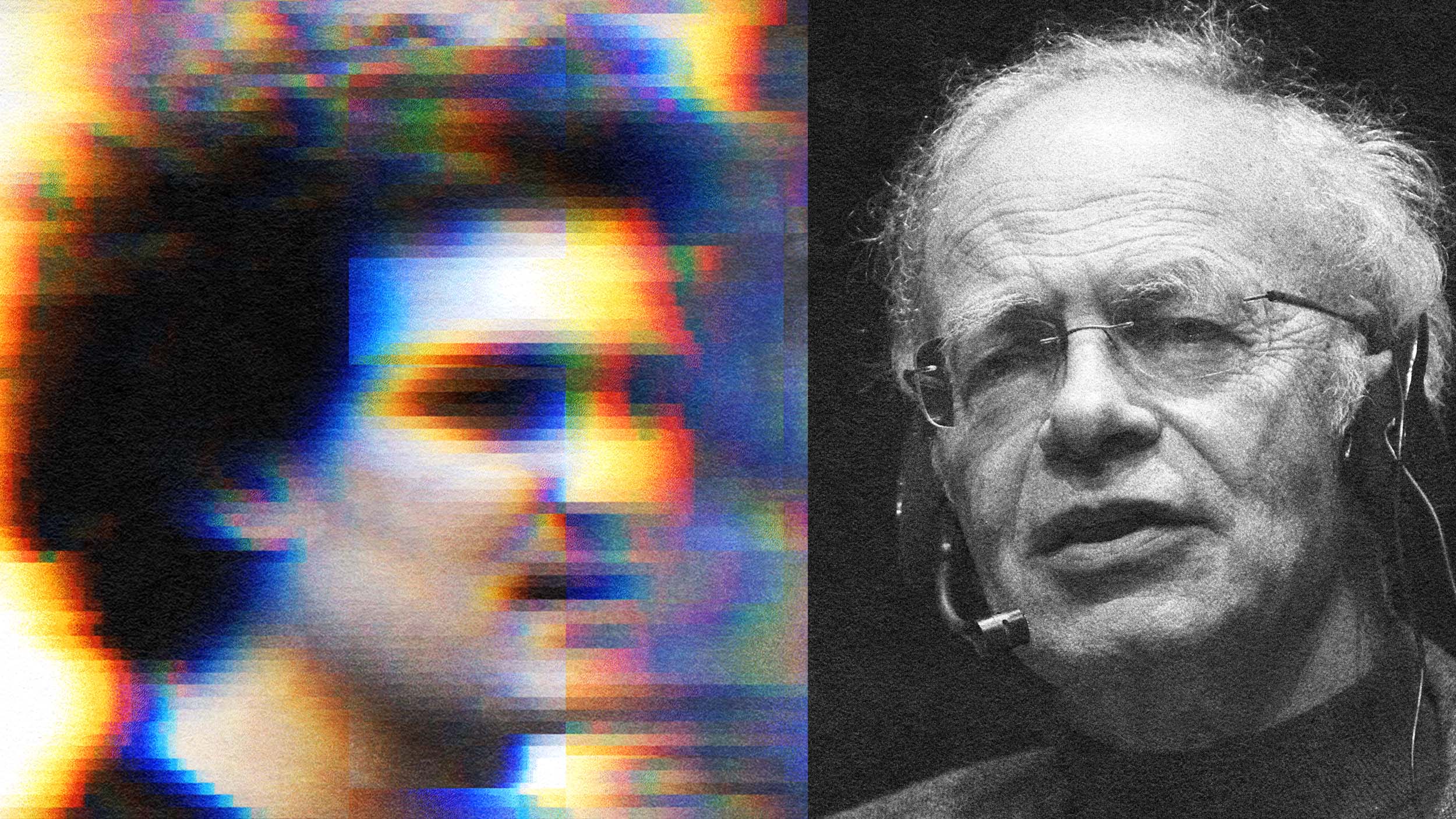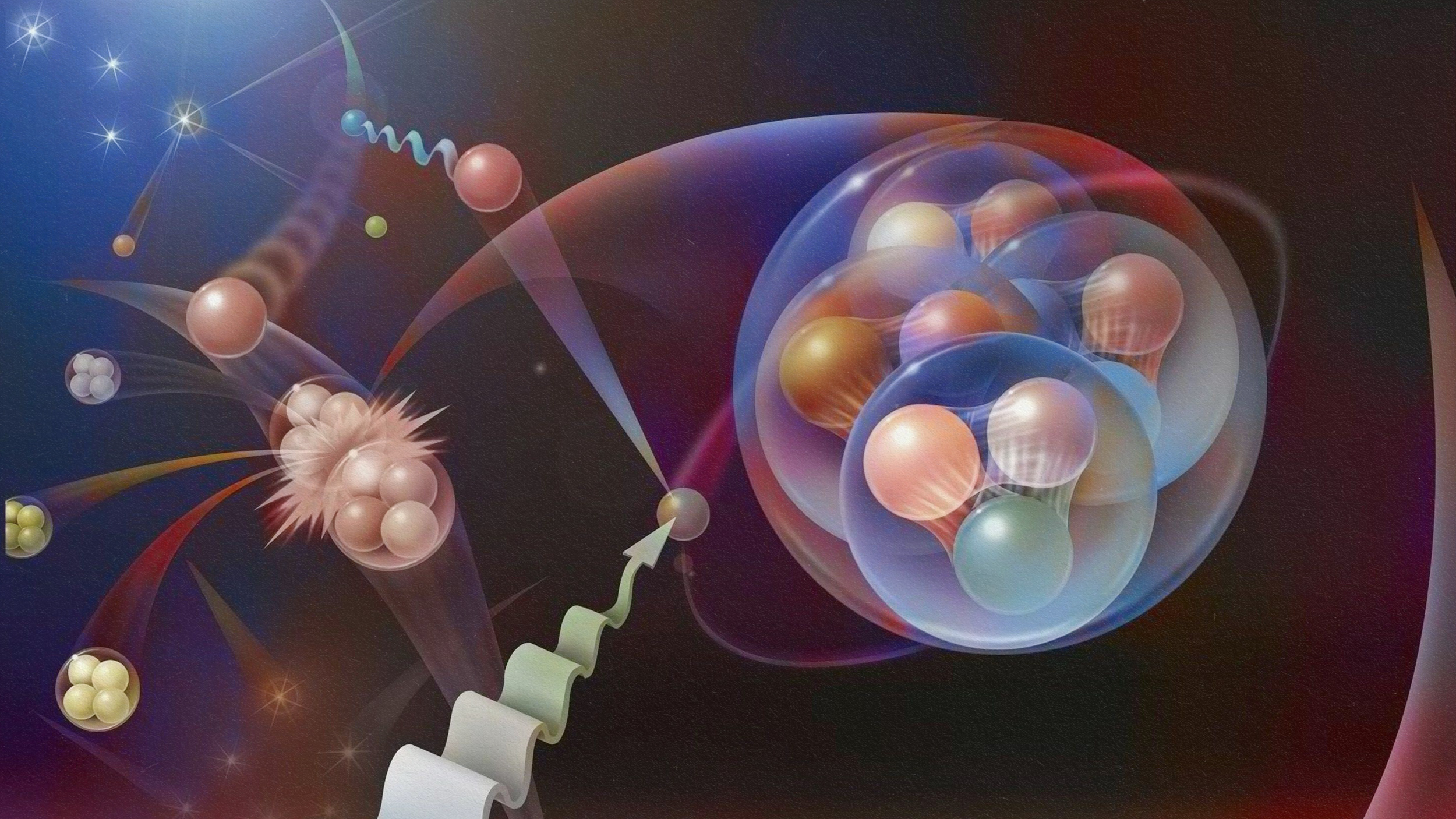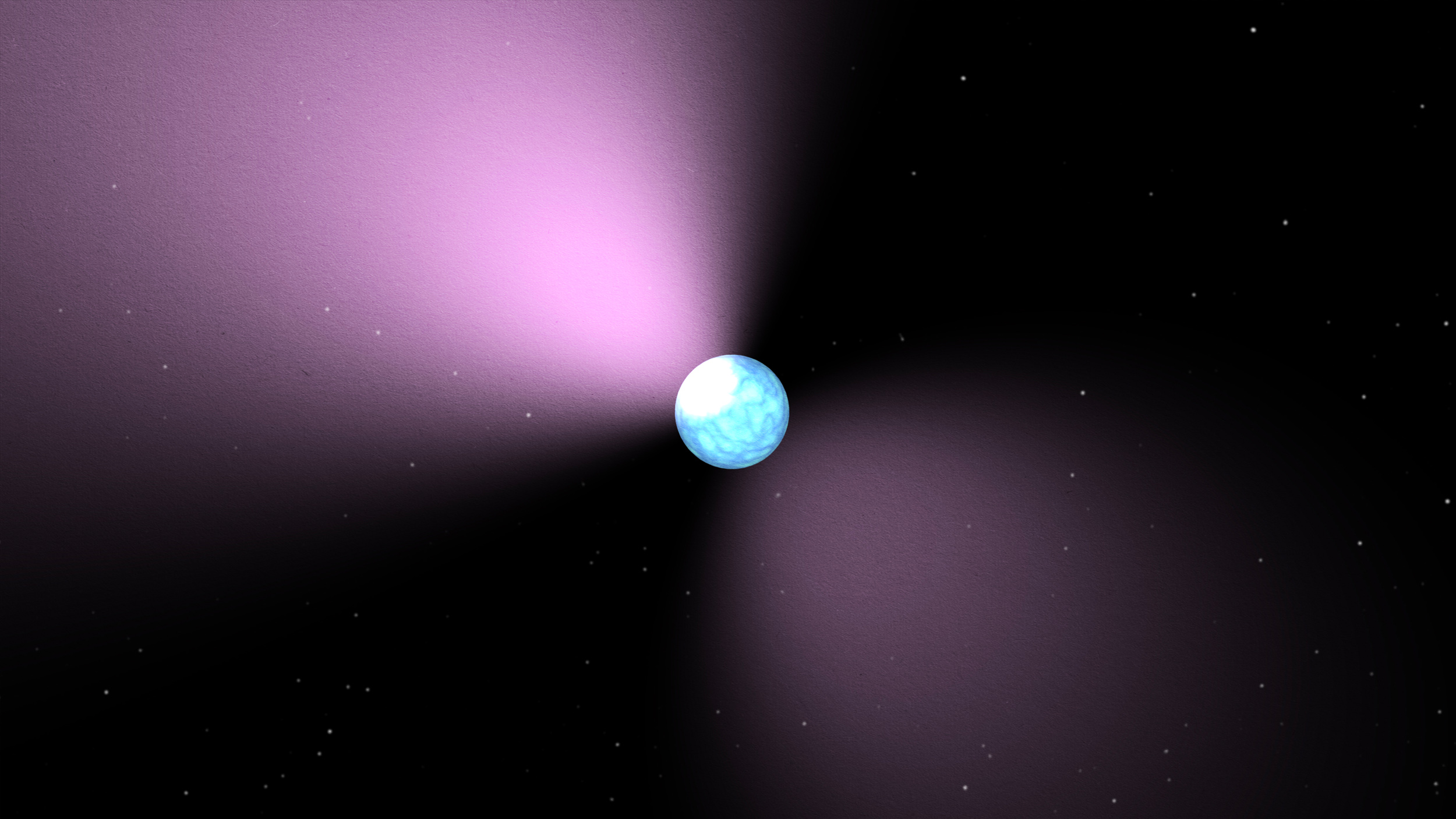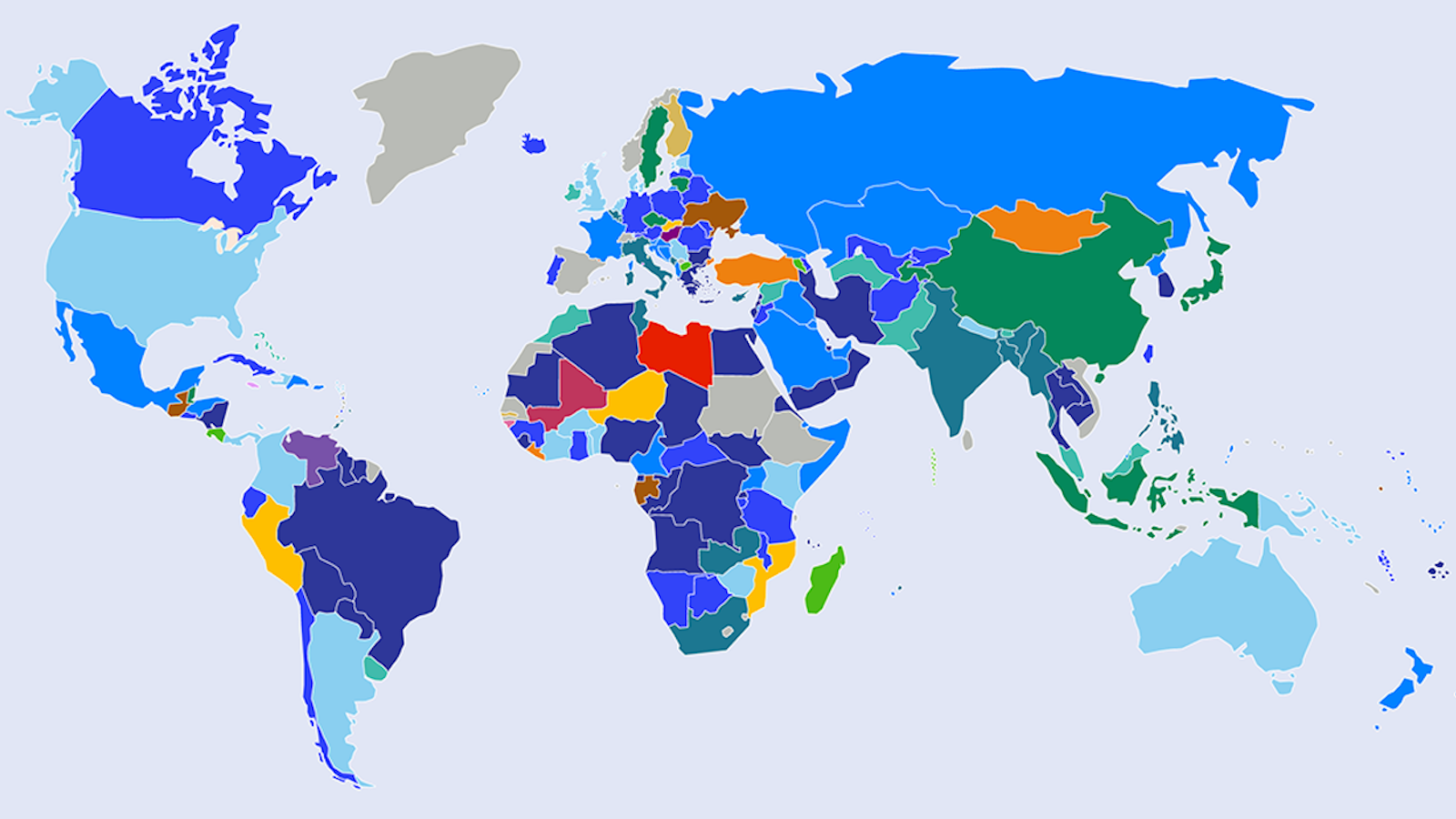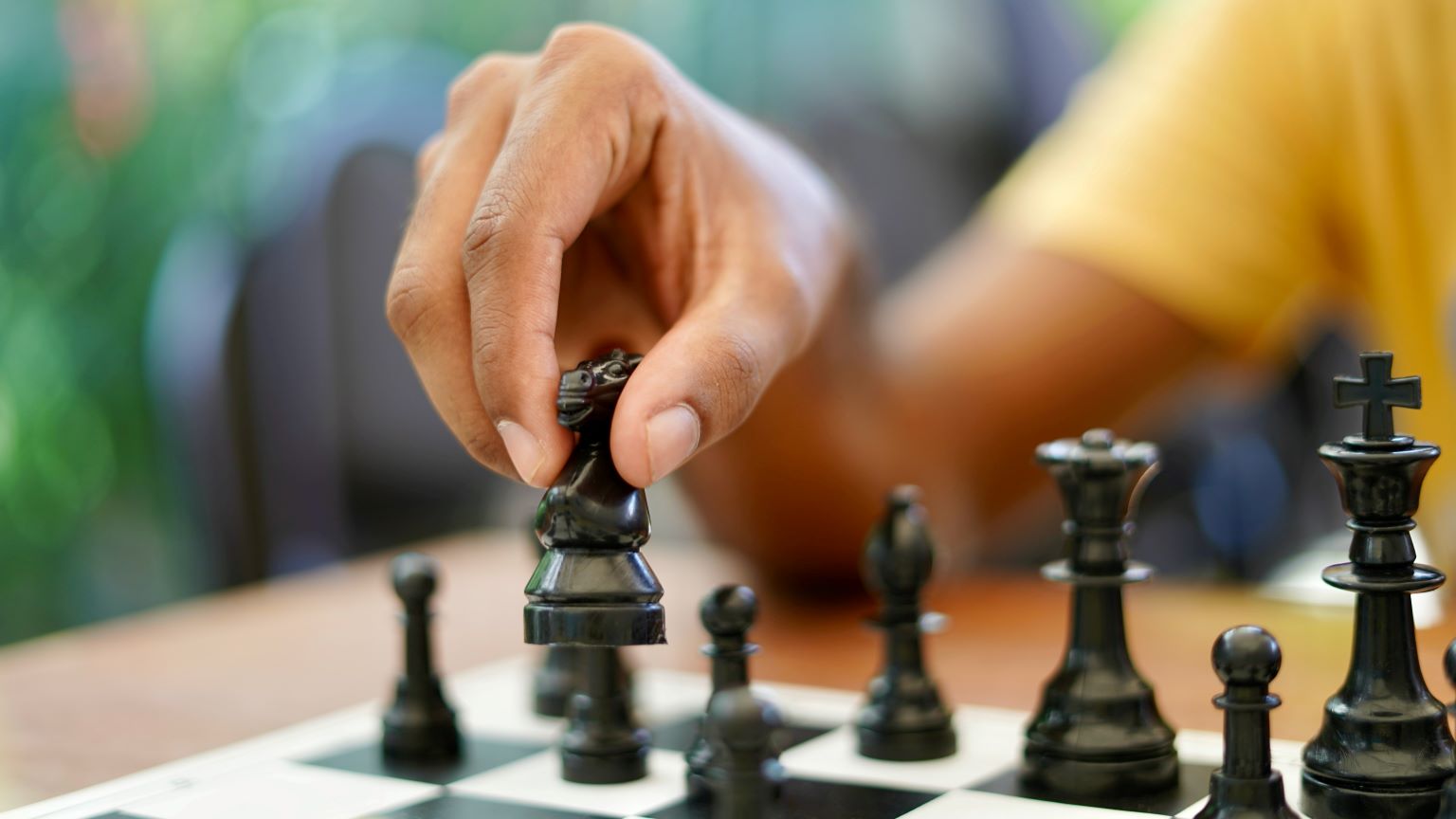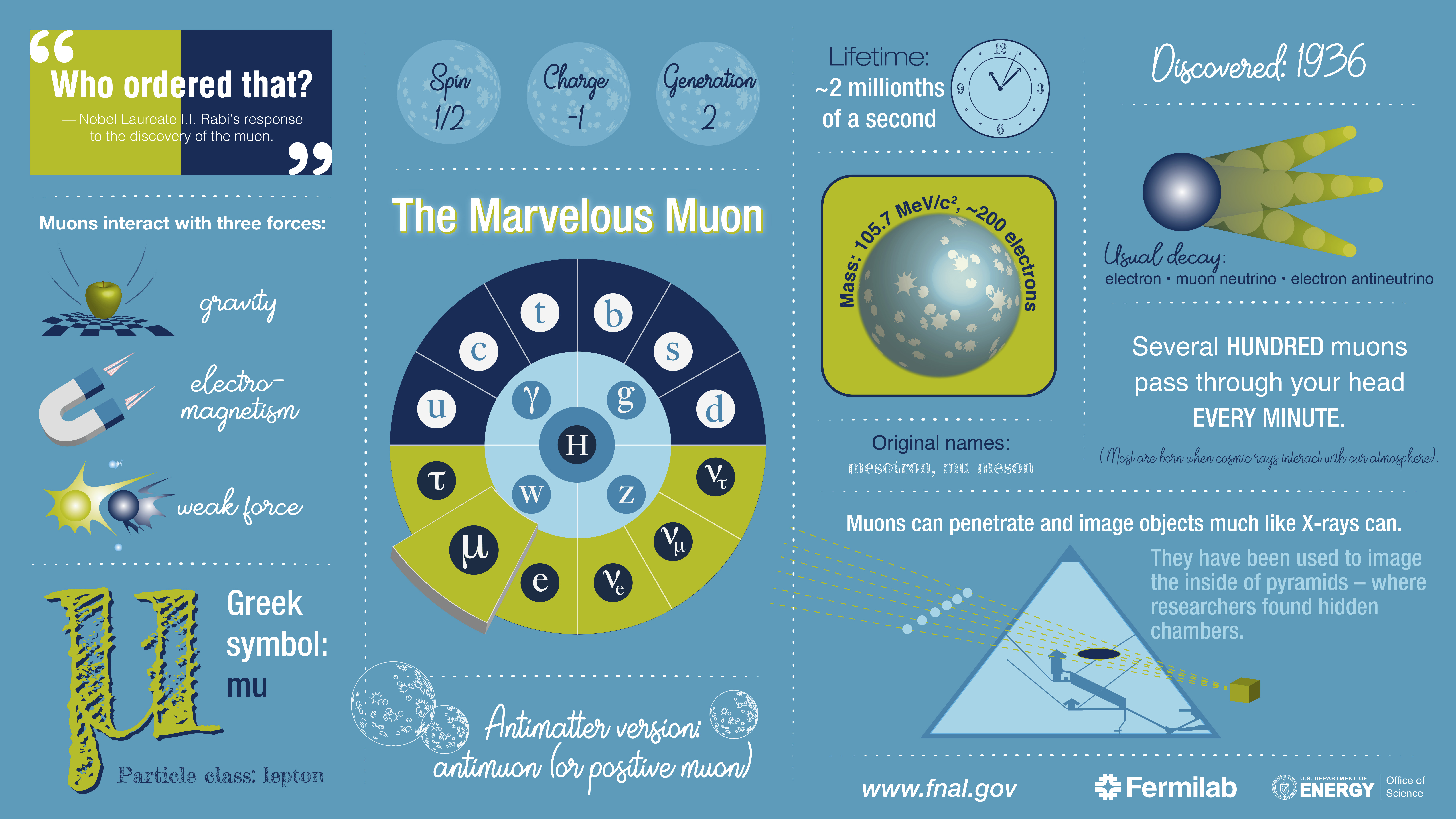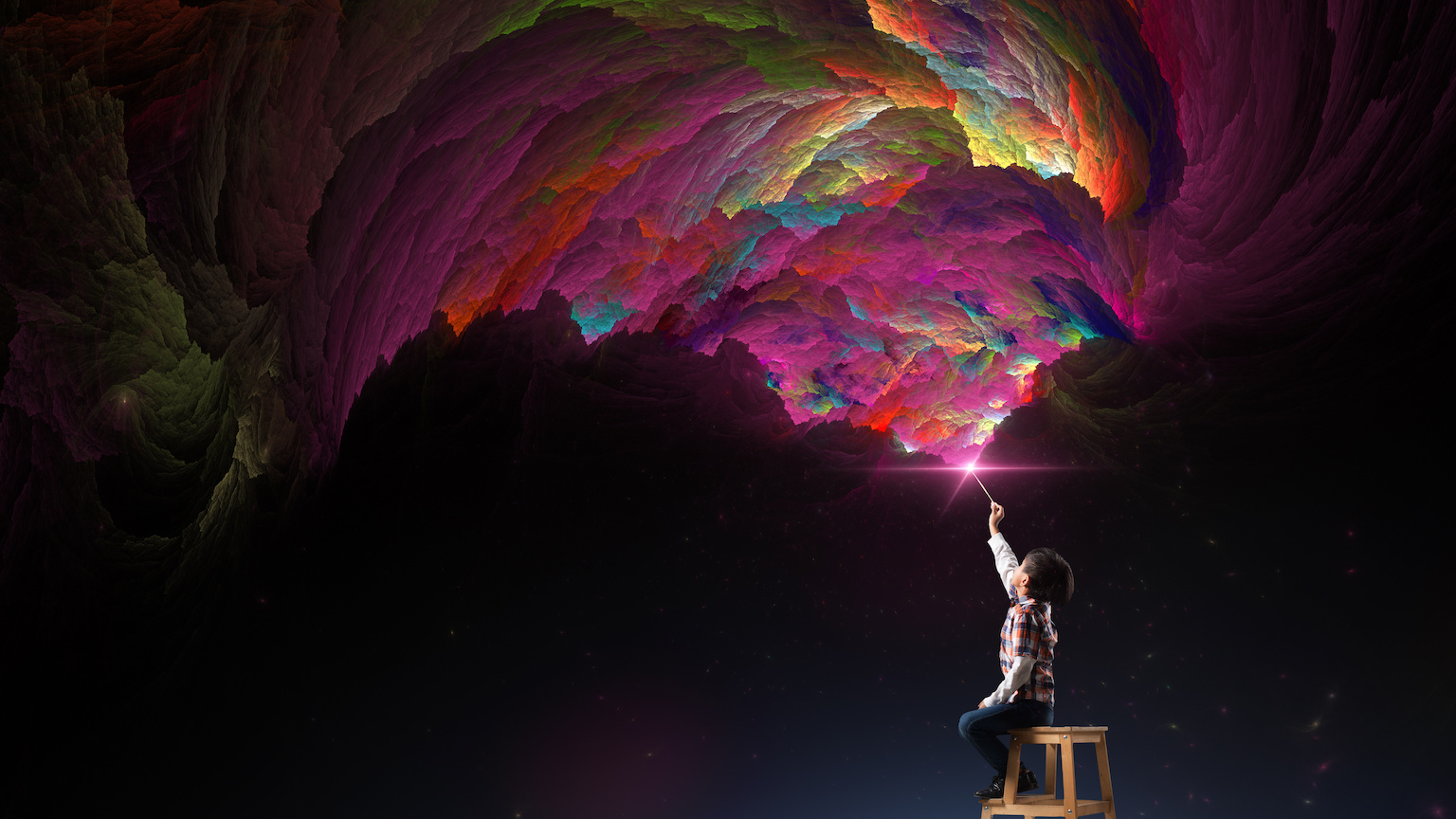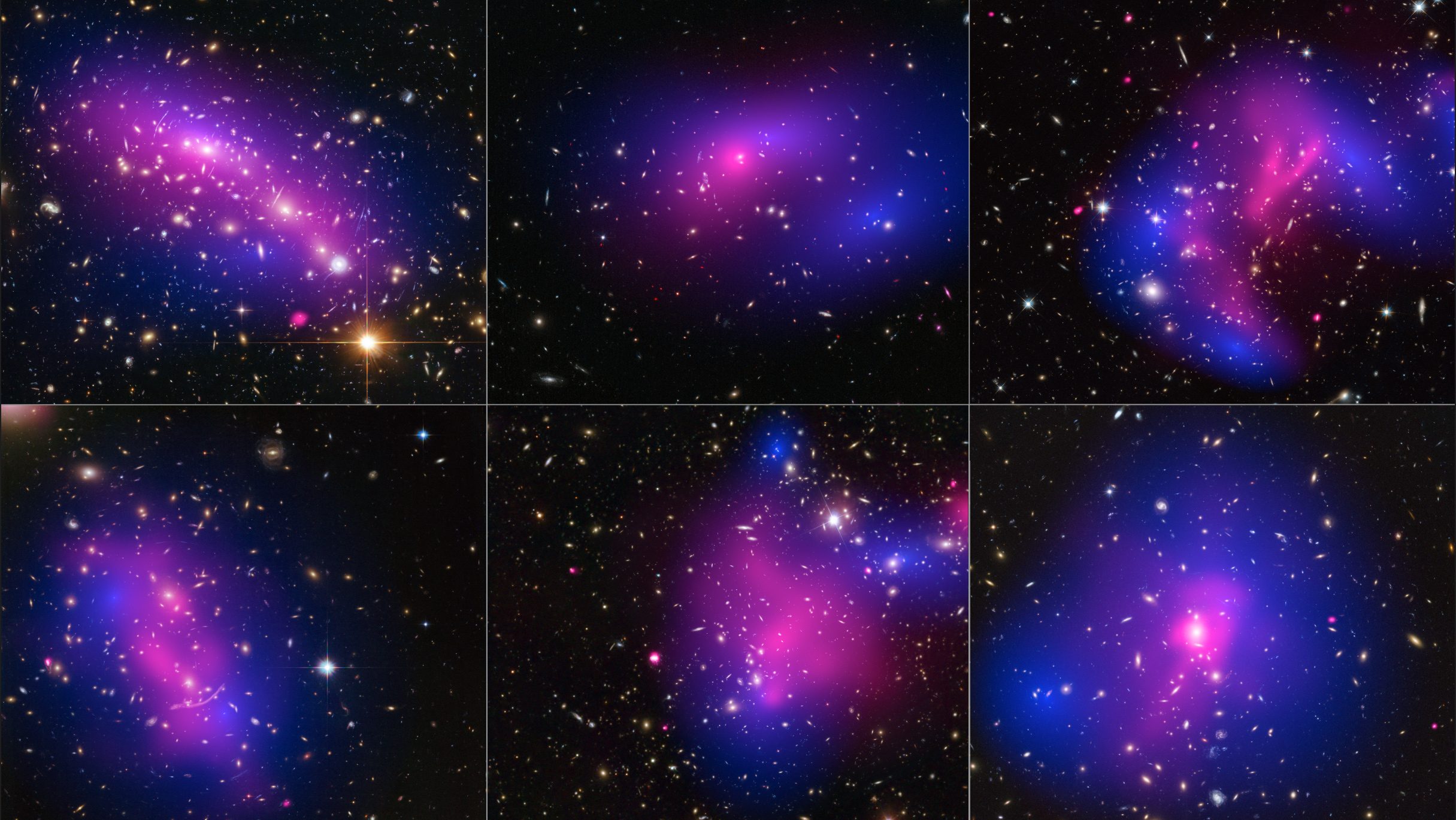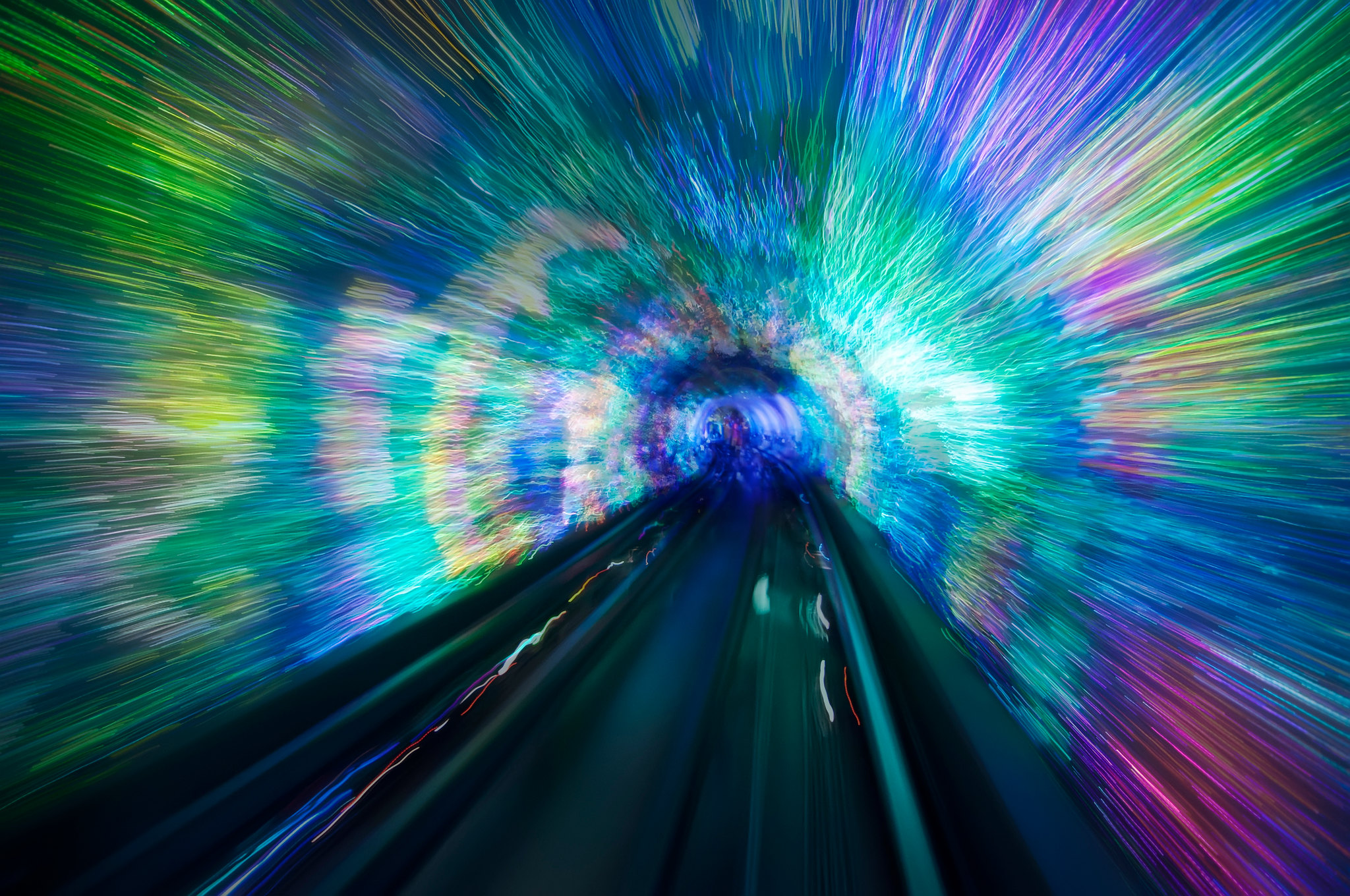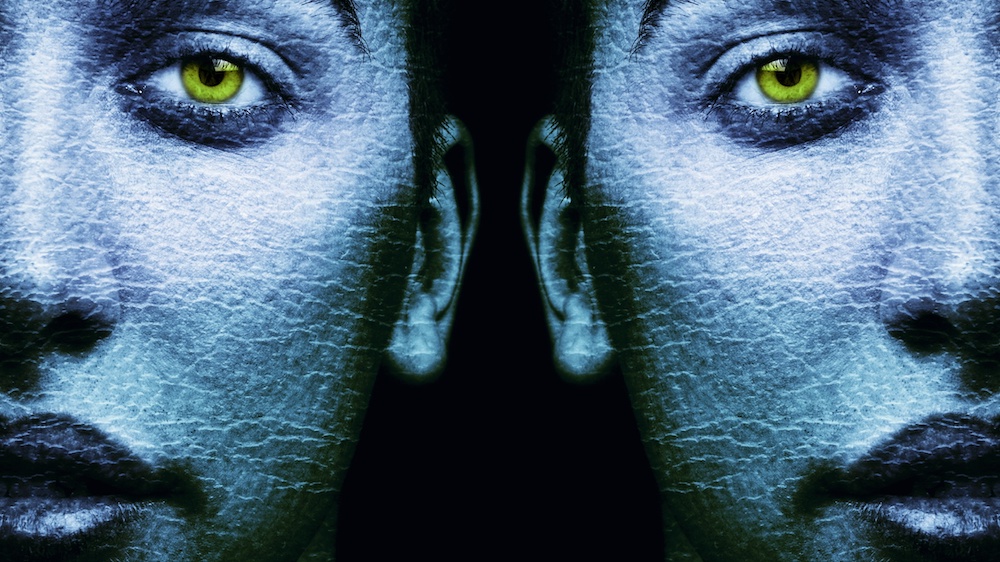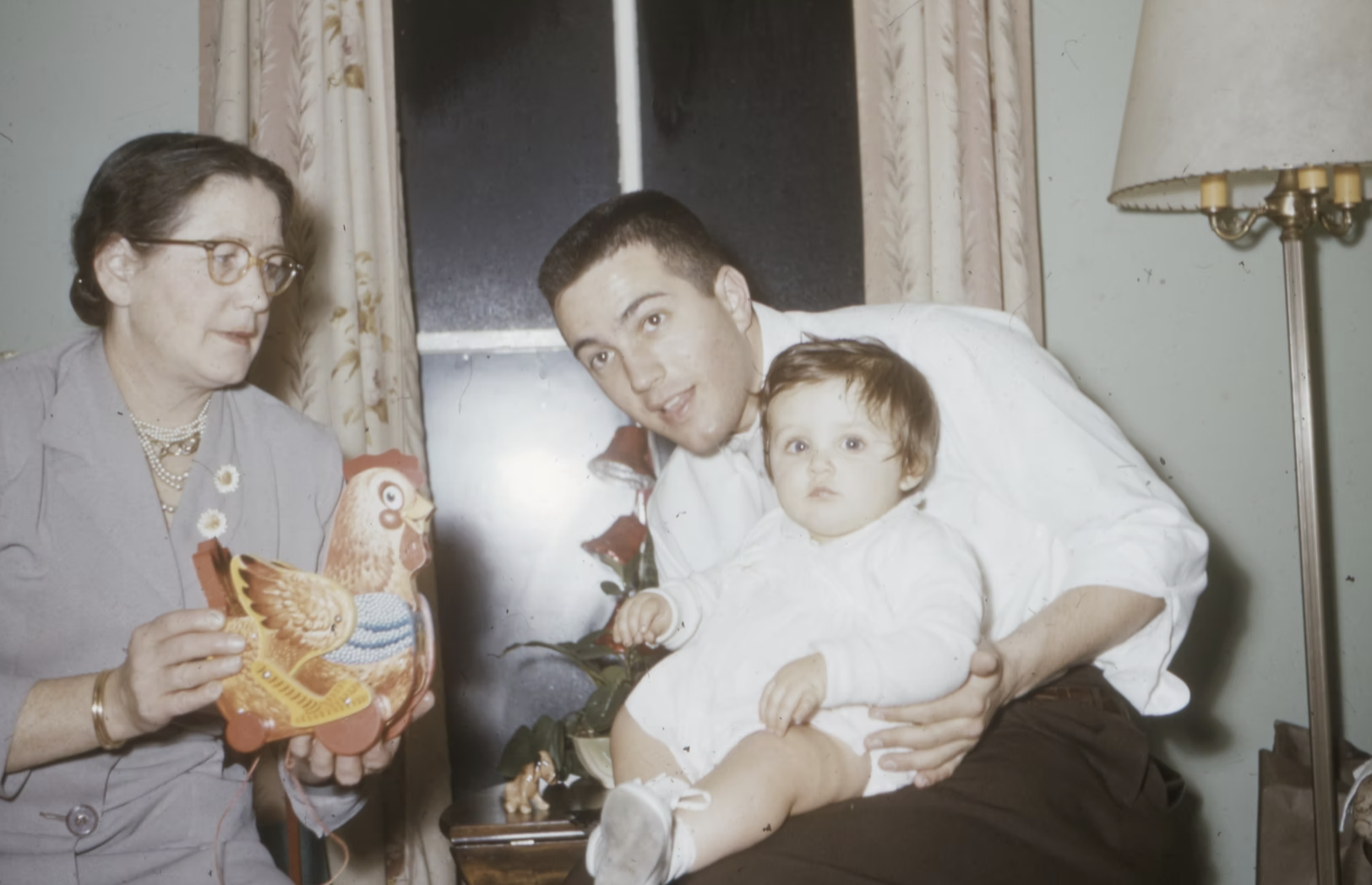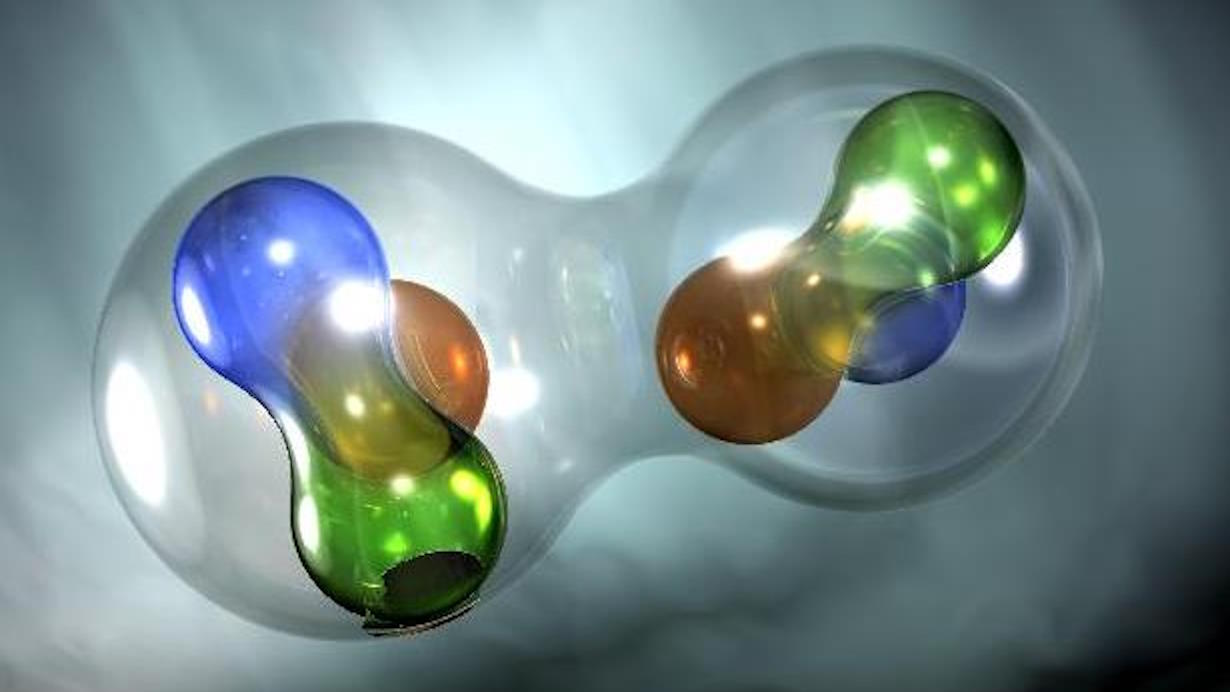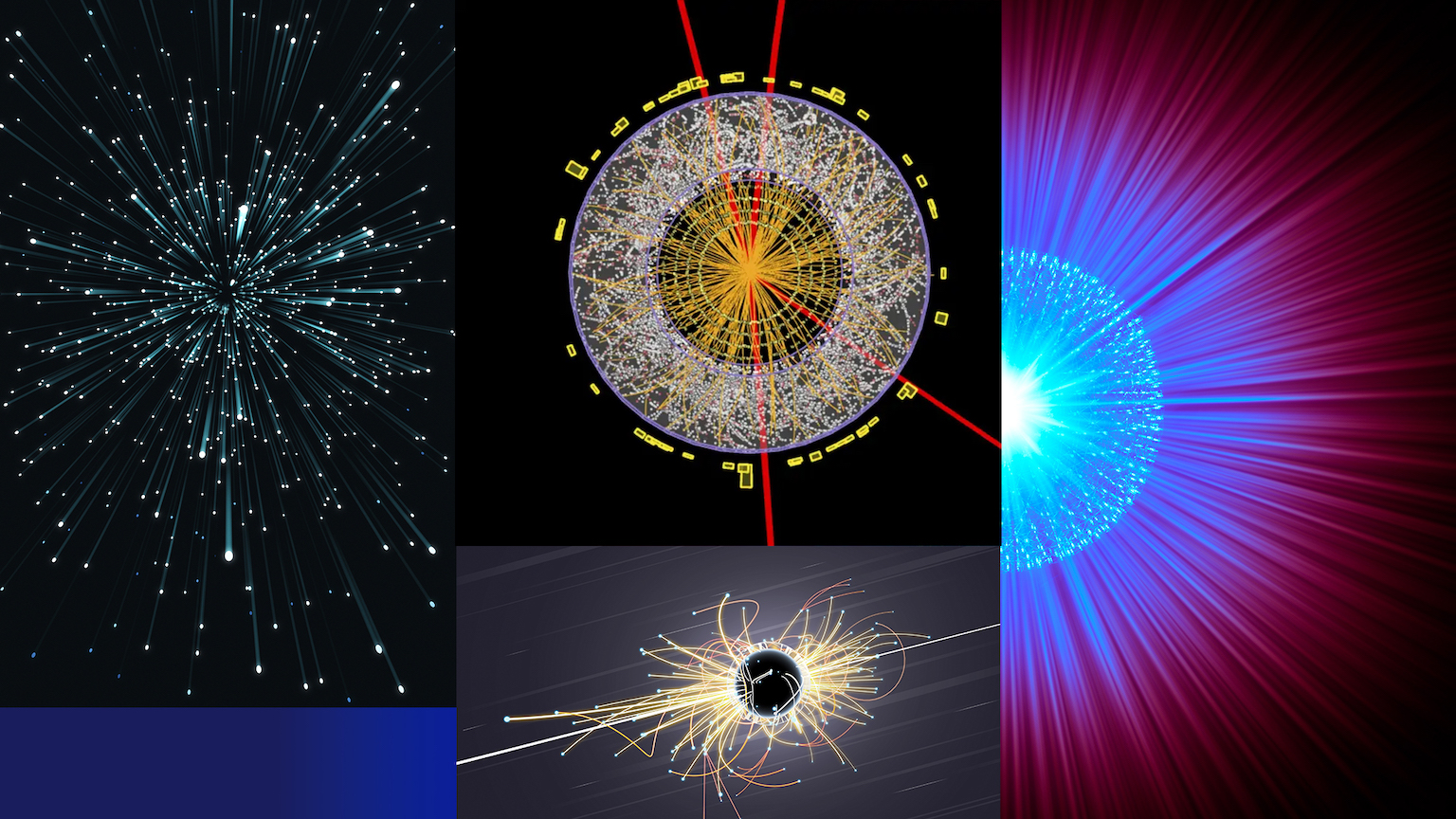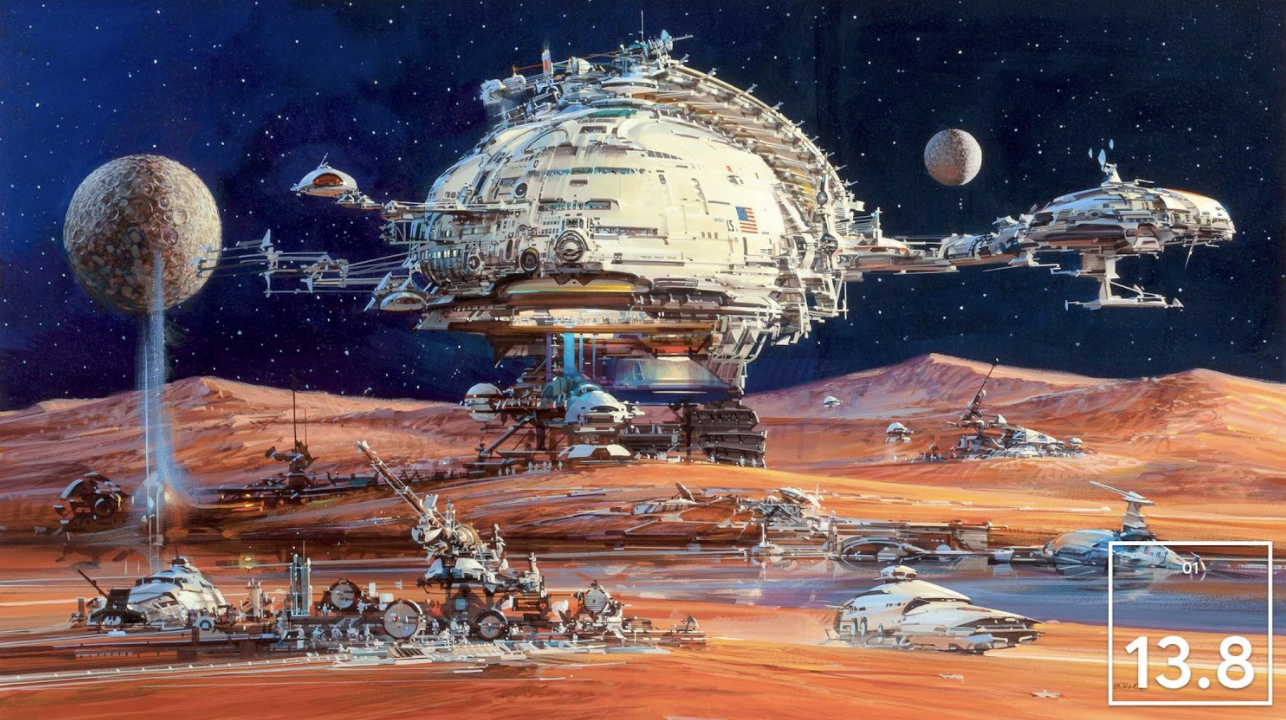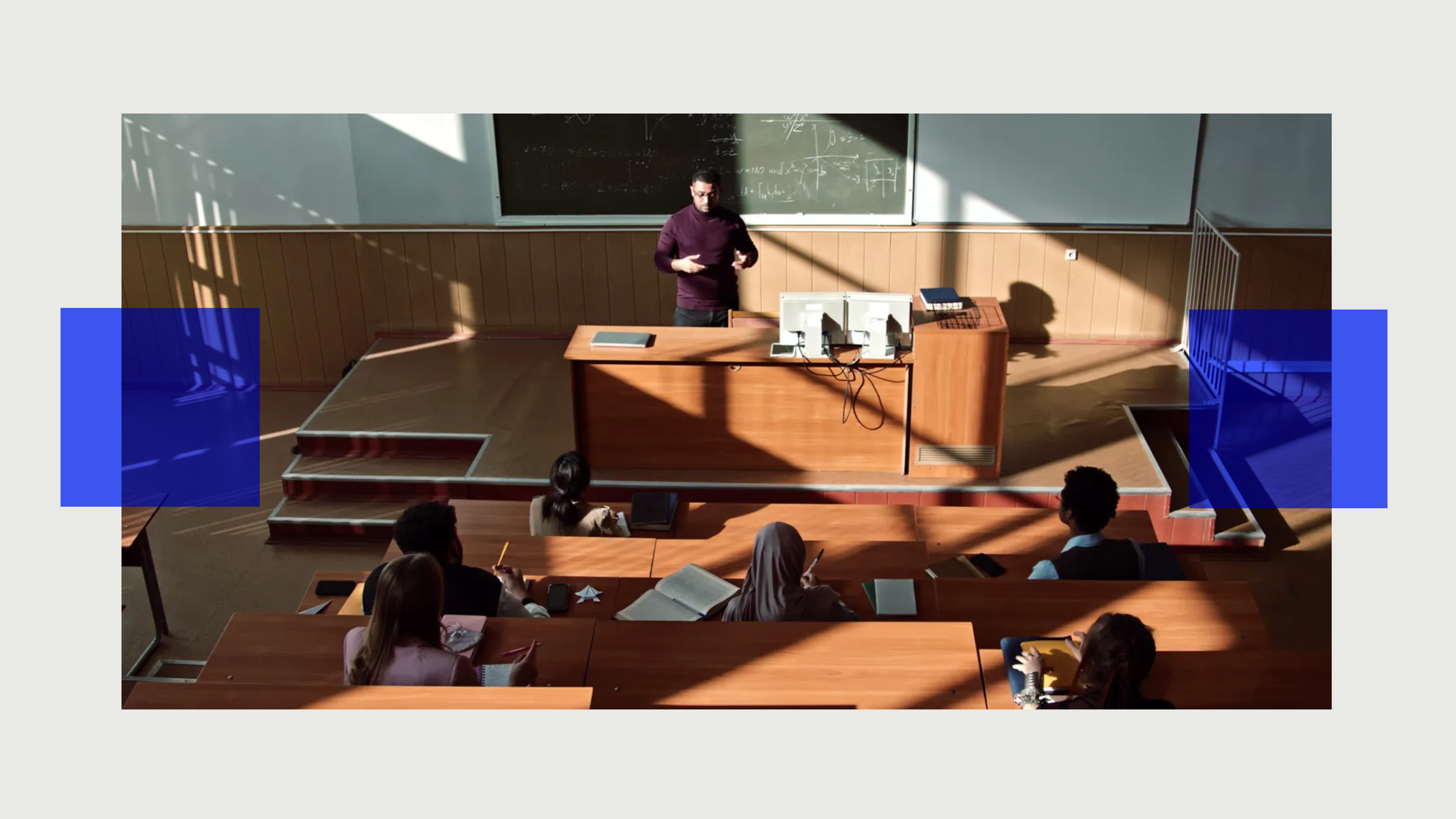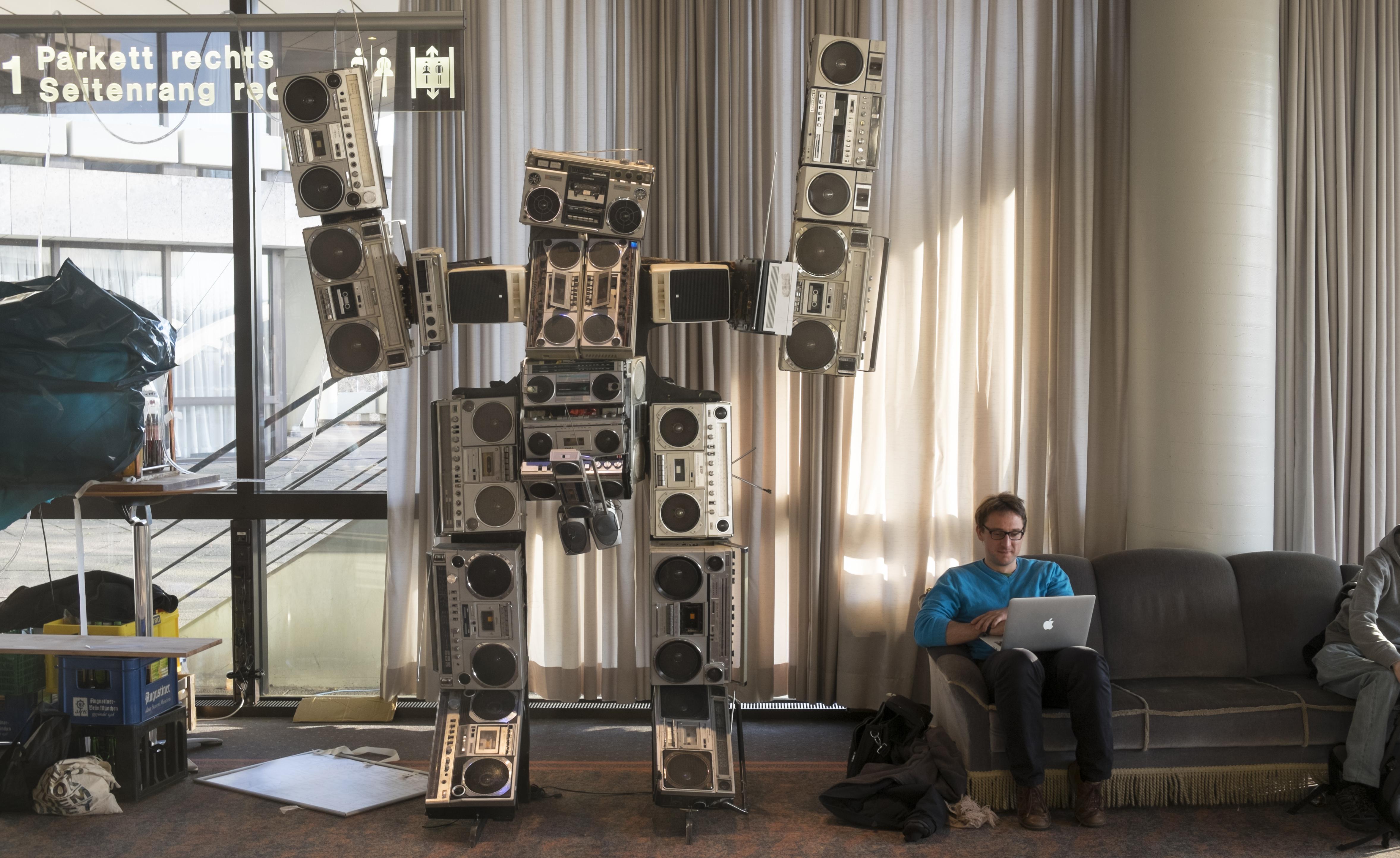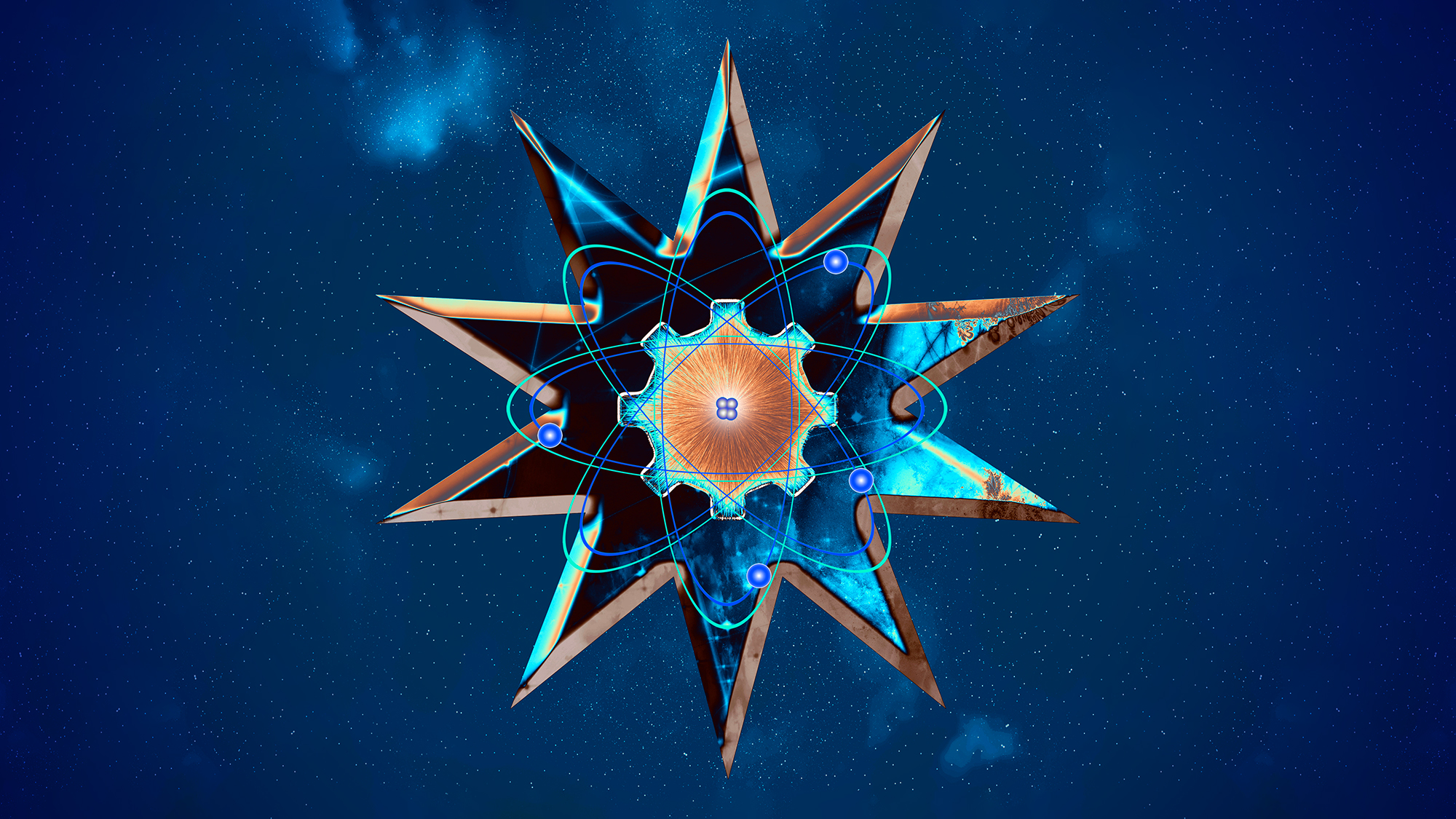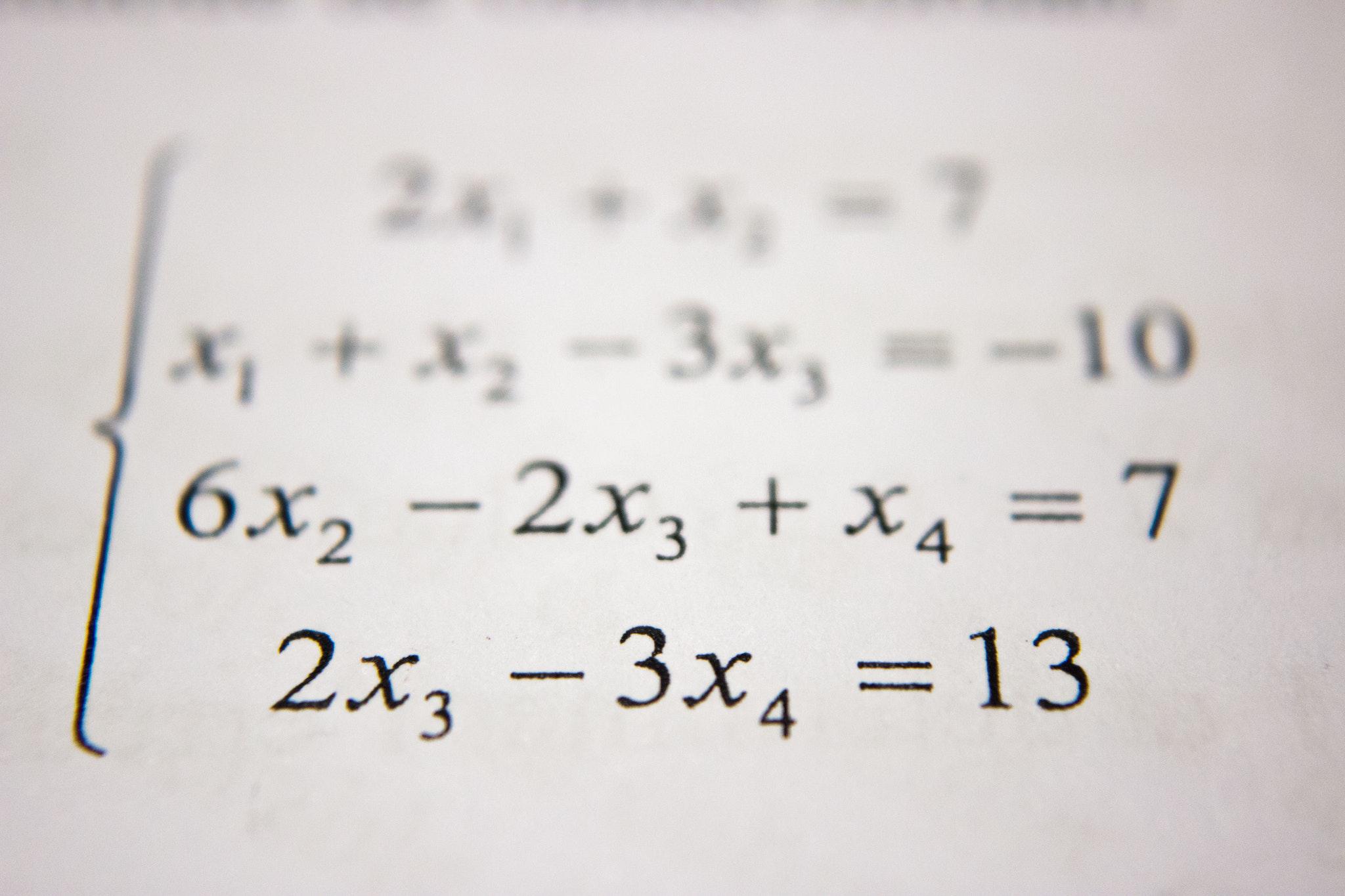From the earliest stages of the hot Big Bang (and even before) to our dark energy-dominated present, how and when did the Universe grow up?
Search Results
You searched for: Math
“The movement is much bigger than Sam Bankman-Fried, or any one person, no matter how wealthy,” philosopher Peter Singer told Big Think.
The quantum world — and its inherent uncertainty — defies our ability to describe it in words.
Forgetfulness isn’t always a “glitch” in our memories; it can be a tool to help us make sense of the present and plan for the future.
Ultracold gases in the lab could help scientists better understand the universe.
“Politics is weird. It’s the only business in the world in which you take a really, really important position, and you give it to someone with no qualifications.” —Tony Blair
The very concept of a “problem with no solution” goes against human nature. But we must accept this harsh reality to have peace in our lives.
It’s on a 100,000-year timescale, though, so the next few centuries might not be so comfortable.
In a new book, an MIT scholar examines how game-theory logic underpins many of our seemingly odd and irrational decisions.
According to neuropsychologist Julia DiGangi, no one can live a life free of emotional pain. We can only choose how those emotions empower us.
From unexplained tracks in a balloon-borne experiment to cosmic rays on Earth, the unstable muon was particle physics’ biggest surprise.
Historical geniuses used the “creative nap” to give their minds a boost. Apparently, the “hypnagogic state” can help with problem solving.
There are many theories of gravity out there, and many interpretations of wide binary star data. What have we really learned from it all?
If nature were perfectly deterministic, atoms would almost instantly all collapse. Here’s how Heisenberg uncertainty saves the atom.
In the quest to measure how antimatter falls, the possibility that it fell “up” provided hope for warp drive. Here’s how it all fell apart.
Unless you confront your theory with what’s actually out there in the Universe, you’re playing in the sandbox, not engaging in science.
Will nature or nurture win out?
Humans seemingly have opposing desires to fit in and to be unique. The interplay between these might drive the evolution of fads.
Achieving values and pursuing growth is the real secret to a fulfilled life.
In our Universe, all stable atomic nuclei have protons in them; there’s no stable “neutronium” at all. But what’s the reason why?
The Universe has asymmetries, but that’s a good thing. Imperfections are essential for the existence of stars and even life itself.
Sick of remembering a random string of letters, numbers, and special characters?
Isaac Asimov’s “Foundation” series helped inspire the field of social physics, which uses math to understand crowd behavior.
These were the stories you clicked on the most.
There are many problems with relying on SAT and ACT scores for college admissions. But removing them entirely creates less opportunity.
We will become billions of people who share a single vast intellect.
If computers can beat us at chess, maybe they could beat us at math, too.
How efficiently could quantum engines operate?
We spend much of our early years learning arithmetic and algebra. What’s the use?
Our current form of education is almost 200 years old. What should schools of the future look like?
▸
6 min
—
with
